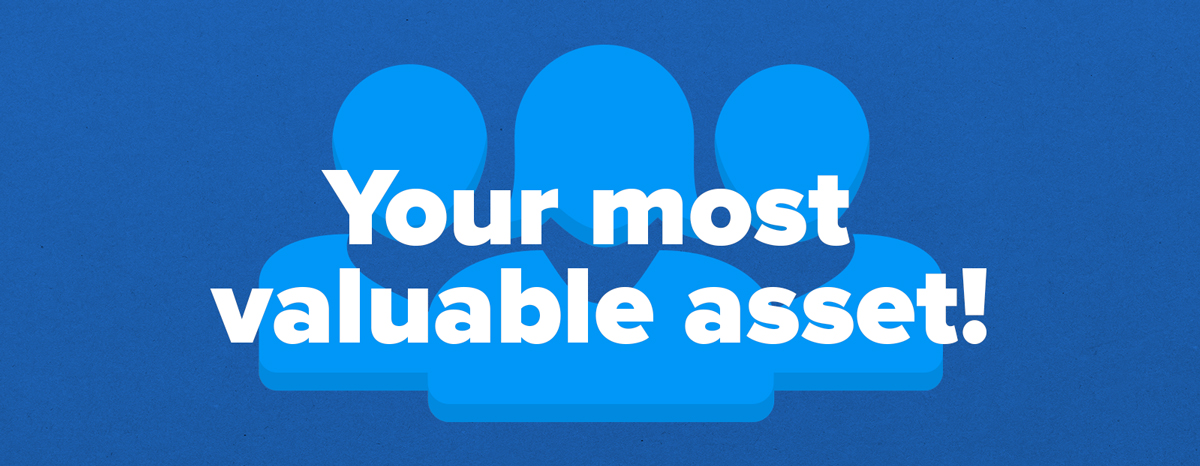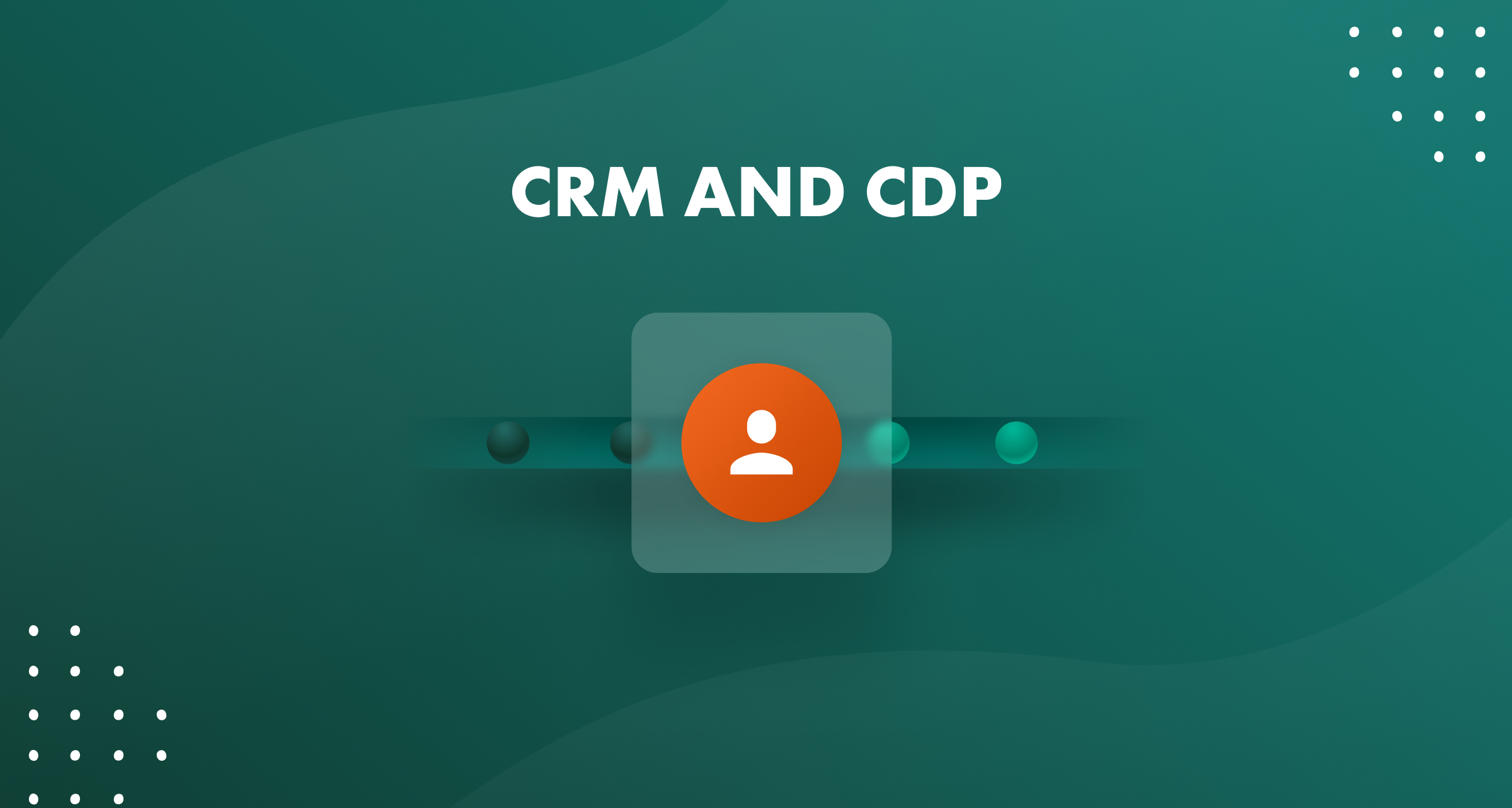Post summary:
- What is your most valuable asset?
- Do you have an overview of your customers?
- What is the business value of a good CRM system?
A topic I like to discuss with managers I meet, is what they think is the most valuable asset in their business.
I get all kind of answers, depending on their industry, and what state their business is in.
Hotel owners and shop owners often say "location, location, location".
Managers in the IT business tend to focus on the new, hot products or their partnerships.
Managers from the consulting business mention that their employee’s brains are the most valuable. Others emphasize trademarks and brands. A great management team, dedicated staff and sales starts is also on the list.
The one thing all of these answers have in common is this:
All of these are aimed towards getting more customers.
Customers are important to businesses – they pay bills and salaries. So why is it, that customers often say they feel neglected by their suppliers?
Customers stop being customers for many reasons. They move to another location, they go out of business, or they go to a competing company. These reasons count for 34% of customer loss. The remaining 66 % leave for another reason - they just feel ignored when interacting with some companies. Luckily, we can do something about this.
Keep a Good Overview of Your Customers
Many companies use spreadsheets for storing their customer data, and I keep asking myself why?
Spreadsheets get lost, they become outdated, and they might fall into the wrong hands. Business cards are important for collecting customer data. But not when lying on your desk. These customer strategies miss something important - collaboration.
A customer database increases in value when everyone works together on populating it with data.
I recently heard a great story from one of my customers, Sales Director Eiliv M. Liljevik at Making Waves. As a co-founder, he is passionate about growing their business. Making Waves started out with 14 employees, and now have more than 300 employees. This is a great development, and without a proper CRM software it would have been difficult.
Since they started in 2001, he has demanded that all employees register every customer along the way. One of his key points is that any customer or contact should be registered in their central CRM database, with the email as the top field to remember, being the key to their customer and lead nurturing strategies.
The value of a CRM system
Here are 4 reasons why a CRM system can be your greatest asset.
1. It allows you to register your leads and contacts
You never know when a lead is ready to buy from you. Probably not today anyway. Keep them warm.
It is never too late to start organizing your customers and contacts. You need some basic categories to make your data efficient so that you can implement your CRM strategy to fulfill their needs.
You need categories like Customers, Lost Customers, Prospects, Suppliers, Partners, Potential Partners, Influencers and Inactive Customers.
You could also consider dividing customers into A-, B- and C-customers depending on different customer retention programs for each segment. So you might get rid of your complex spreadsheets once and for all.
2. You can track all customer interactions - from everyone in your company.
Next time you talk to a customer or prospect, you get the upper hand when you know what that company is talking about. You can get the person to feel seen and important. And this history builds a long-term relationship. Emails should be in your system, and not in each person’s mailbox.
3. It reveals possibilities.
How many prospects have you "not sold to" yet?
Most likely a lot. I usually tell my sales team that a “no" most likely means "not today". Most companies keep their current supplier until they are ignored. That’s why keeping them alive and kicking in your CRM database is so important. And if you have an effective email marketing strategy or a great seminar plan, their business might be yours for the next quarter.
4. It makes your most valuable asset – the customer data – remain.
People change jobs. Have you ever experienced someone leaving you, and nothing is left behind?
The sales pipeline wasn’t up to date. The contacts wasn’t updated. The important contacts wasn’t registered – because all relevant information was stored locally. Don’t let it happen to you.
Conclusion
Without a CRM system, it's difficult to focus on the customer.
But, companies that invest in CRM are using its value to put the customer at the heart of their business, which is the fastest way to increase sales and profits. Hopefully, these 4 reasons above help you realize that CRM is no longer optional, but a must-have for your business.
Do you use a CRM system to manage your contacts and customer data?
If you're looking to get started with CRM system, try SuperOffice CRM and request a personalized demo (below).




